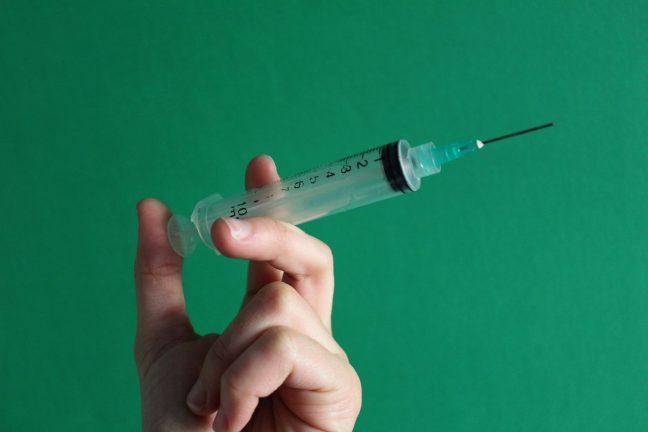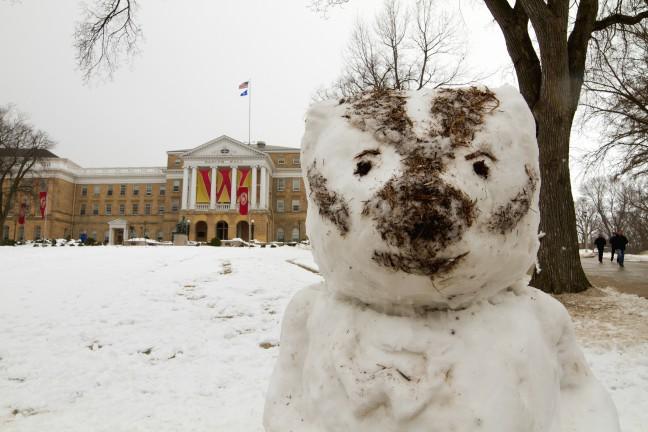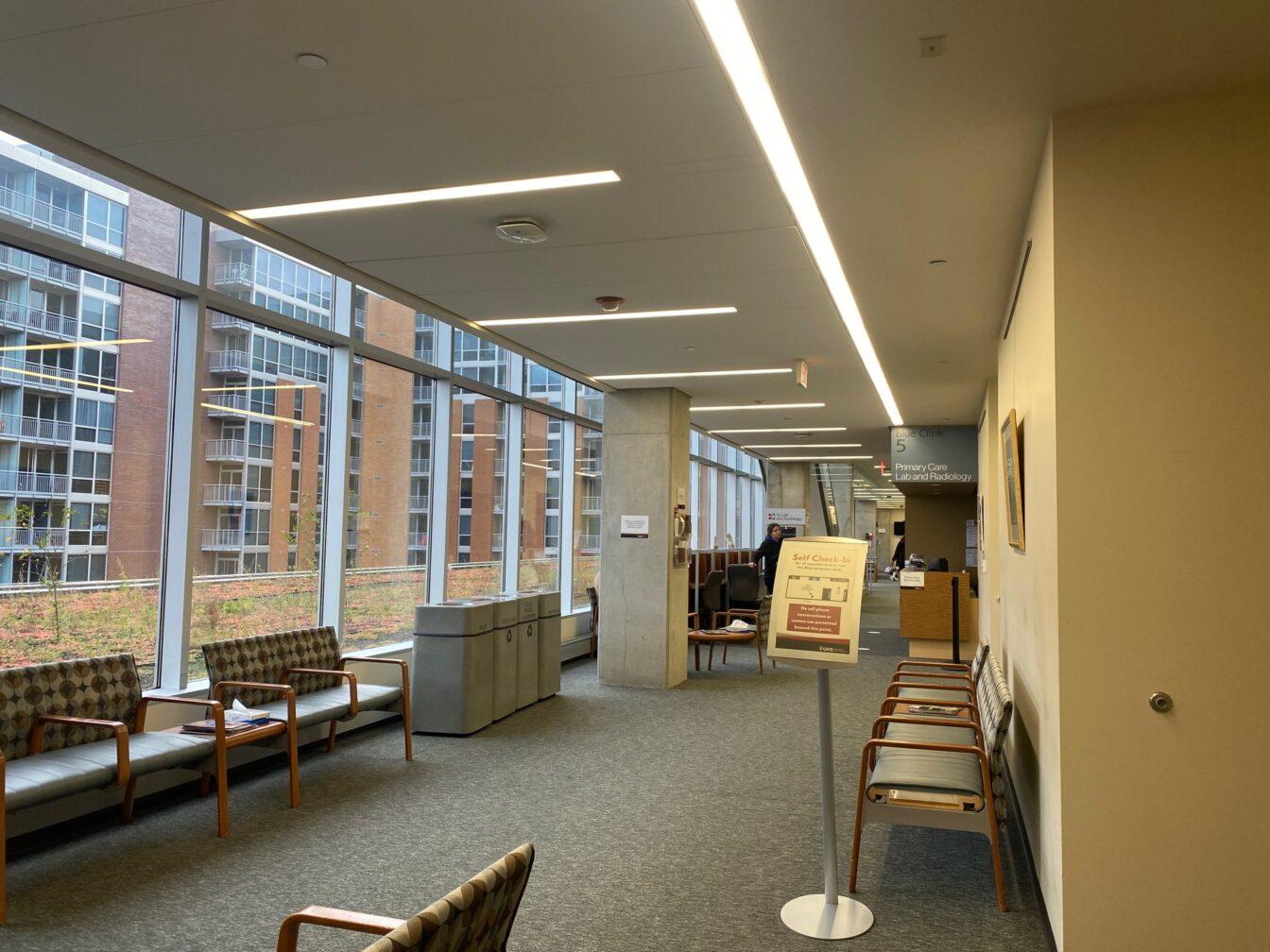A new government study tracking infections in vaccinated college students will address whether individuals who are immunized against COVID-19 can still spread the virus to others.
The study will track more than 12,000 students and their close contacts at 20 different universities. Close contacts will be expected to swab their noses daily for two weeks, provide multiple blood samples and answer weekly questionnaires.
University of Wisconsin School of Medicine and Public Health associate professor and faculty director Ajay Sethi was not surprised upon hearing about the studies, as researchers have considered such studies for some time.
“It affords an opportunity to do research, watching how the virus spreads between people, without the worry that individuals who are being observed are at a risk for severe COVID, making it amenable to research,” Sethi said.
UW nursing students assist in COVID vaccine distribution to community
Despite being in support of the study, Sethi does not believe its results will have much of an impact on the plans to reopen UW for the fall semester. Rather, the study will simply complement what is already known about the vaccine’s effectiveness.
Every vaccine works differently and the study will only be conducted with the Moderna vaccine, so the conclusions of the study cannot be broadly applied to the other vaccines, according to Sethi. For example, the Johnson & Johnson vaccine, which is not an mRNA vaccine and is only one dose, may yield different results in a transmission study.
UW Department of Life Sciences Communication Chair Dominique Brossard noted this new government study may have no implications for areas with high rates of vaccinated people, as the premise of the study to some extent is there would be many unvaccinated citizens.
“I think we should remember that people are getting vaccinated in Wisconsin, and in Dane County, and that’s being backed by the latest numbers which are very encouraging … which this study fails to point,” Brossard said.
UW encourages students to consider all vaccination sites available
Brossard said the study is predicated on low vaccination rates, an issue Wisconsin is not facing thus far. Brossard said it wouldn’t really matter if vaccinated people can still transmit COVID-19 post-vaccination if people are immune from the virus in the first place as a result of being vaccinated.
If the study shows the Moderna vaccine doesn’t prevent spread, it would contradict everything scientists currently know about the vaccines, according to Sethi.
“From the clinical trials that were conducted to test the efficacy of the vaccines, the studies keep showing that viral loads are lower in [vaccinated] individuals,” Sethi said. “If this study on college students shows something different, that would be very surprising because no studies have gone in that direction yet.”
With increasing vaccine rollout, experts concerned about rushed return to pre-pandemic behavior
Sethi said if vaccines also lower the impact of transmission, this would be an added bonus to their already proven capability of preventing deaths and hospitalizations. Brossard and Sethi both said mass vaccinations are the best way to reach a suitable level of immunity for campuses to reopen.
Recently, several colleges including Northeastern, Rutgers and Cornell announced they will require students to be vaccinated before returning to campus for the fall semester. Cornell President Martha Pollack said this decision was partially due to the expanded vaccine eligibility in New York City.
UW did not make any announcements regarding potentially mandating students be vaccinated. Sethi believes such an initiative would likely not stem from UW faculty, but rather from student advocacy.
“Our goal is to get people vaccinated because they want to get vaccinated,” Sethi said. “If the culture changes, if students advocate for it, who knows where things go, but right now we’re not thinking that.”
Madison, Milwaukee rank near bottom on list of best cities for women in tech
If vaccines are mandated for students returning to campus, the university would need to decide how they are going to check vaccination records to ensure students are actually immune. There is a lot of national discussion about vaccine passports, which is a difficult process to figure out due to complexities with forgeries, according to Sethi.
Currently, the number of vaccinated Wisconsinites is steadily rising. Ultimately, what Wisconsin and the UW campus will look like in the fall depends on the proportion of individuals who are vaccinated, according to Brossard.
“We all miss being able to actually see people’s faces in the classroom and smile and have group discussions and so on,” Brossard said. “The only way we’re going to be able to do that is if people are vaccinated. So, I’m cautiously optimistic.”



















